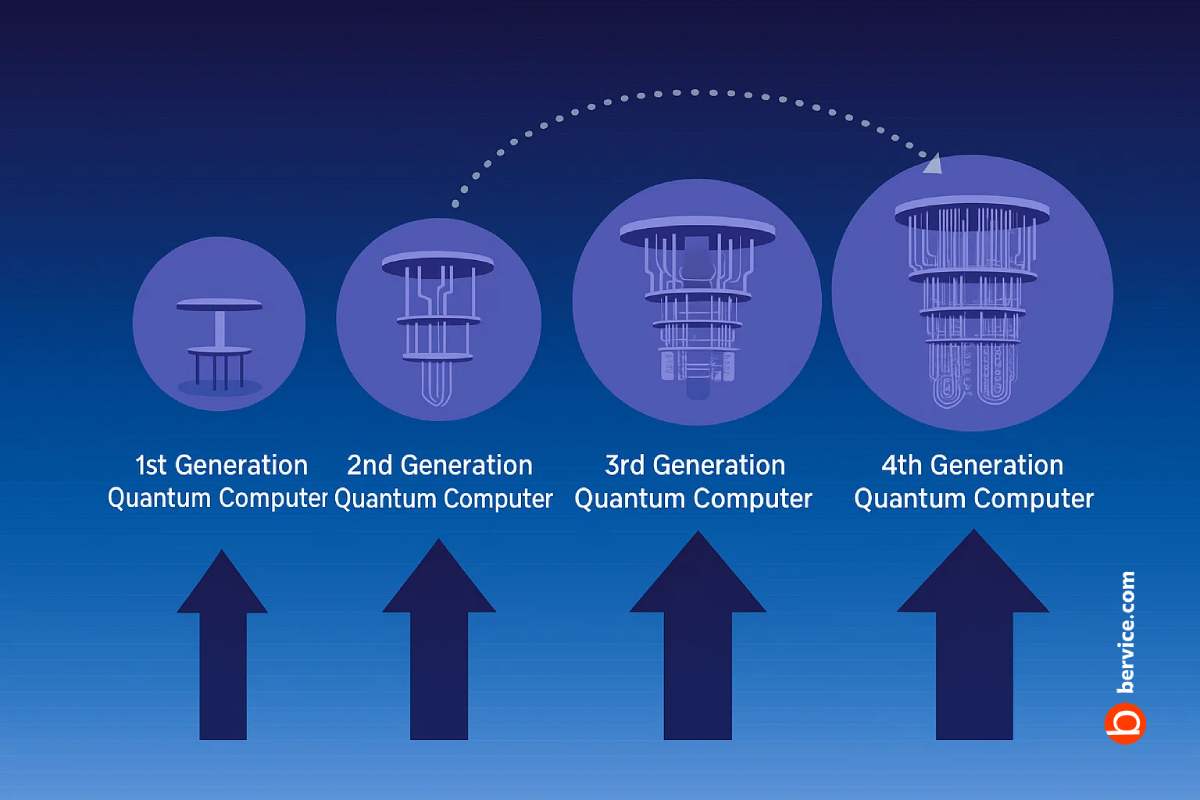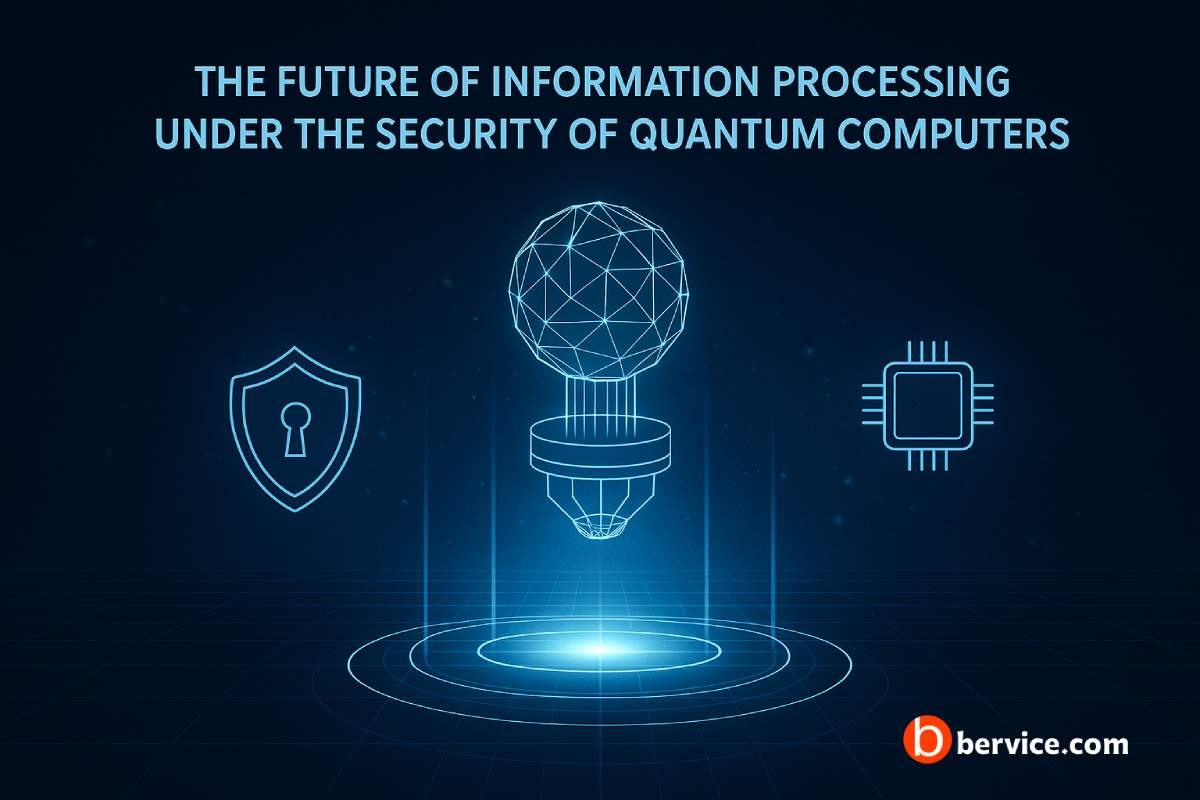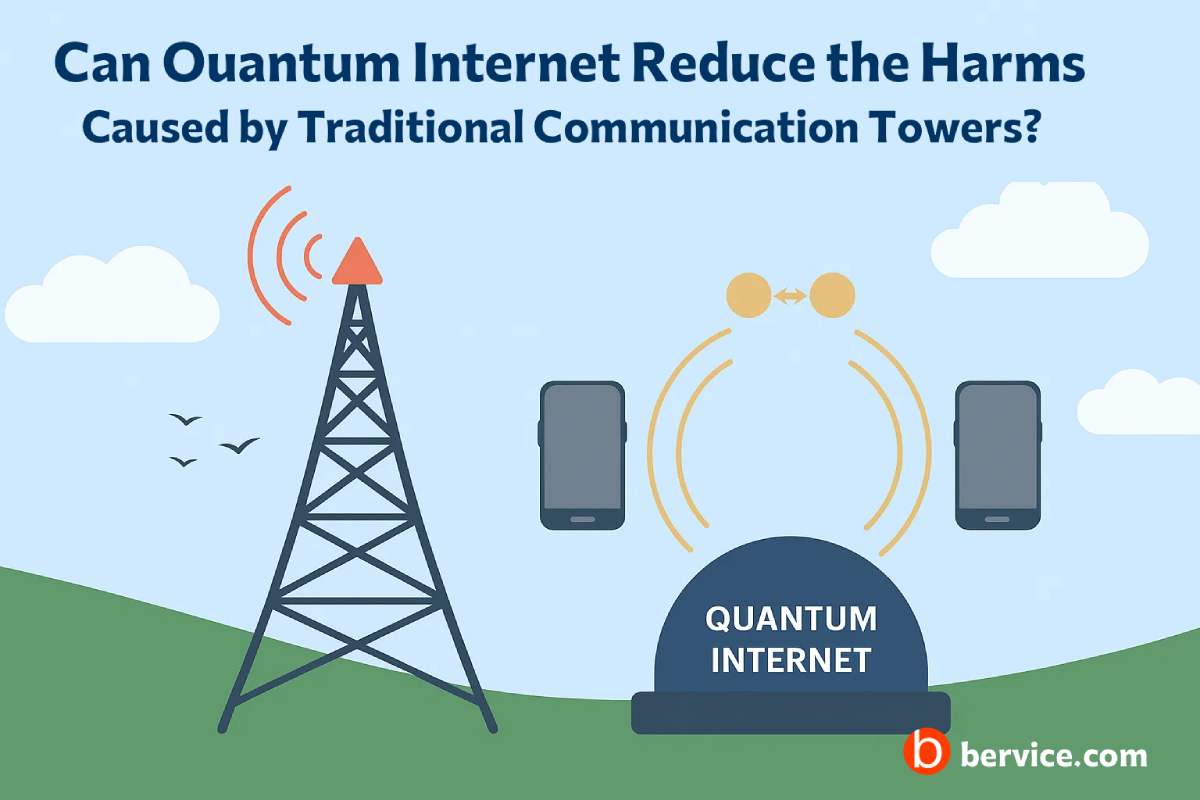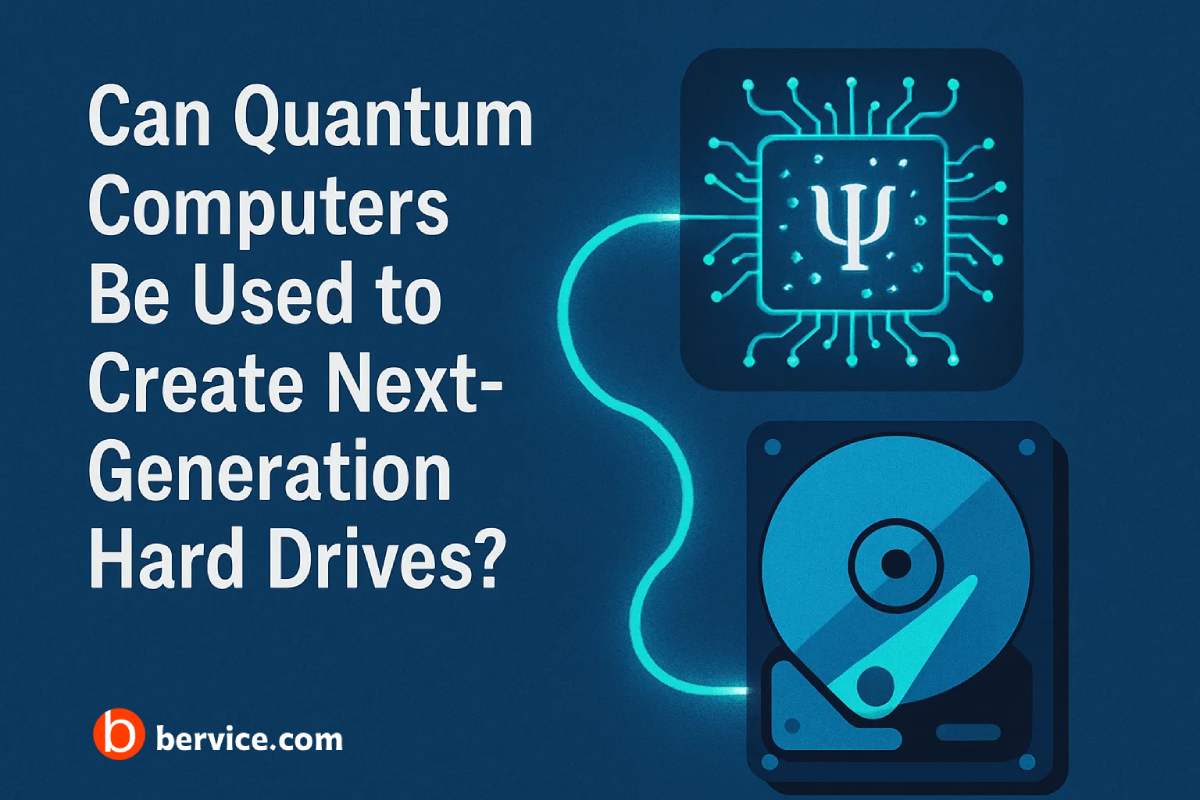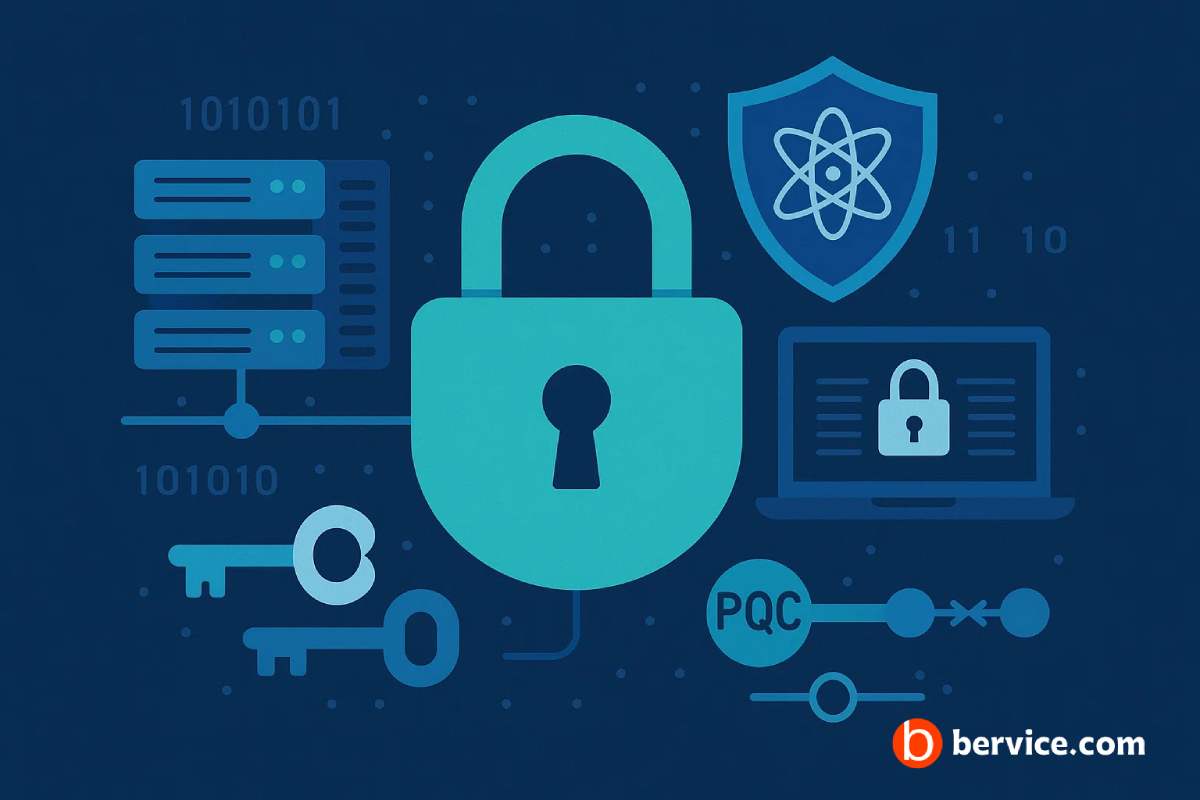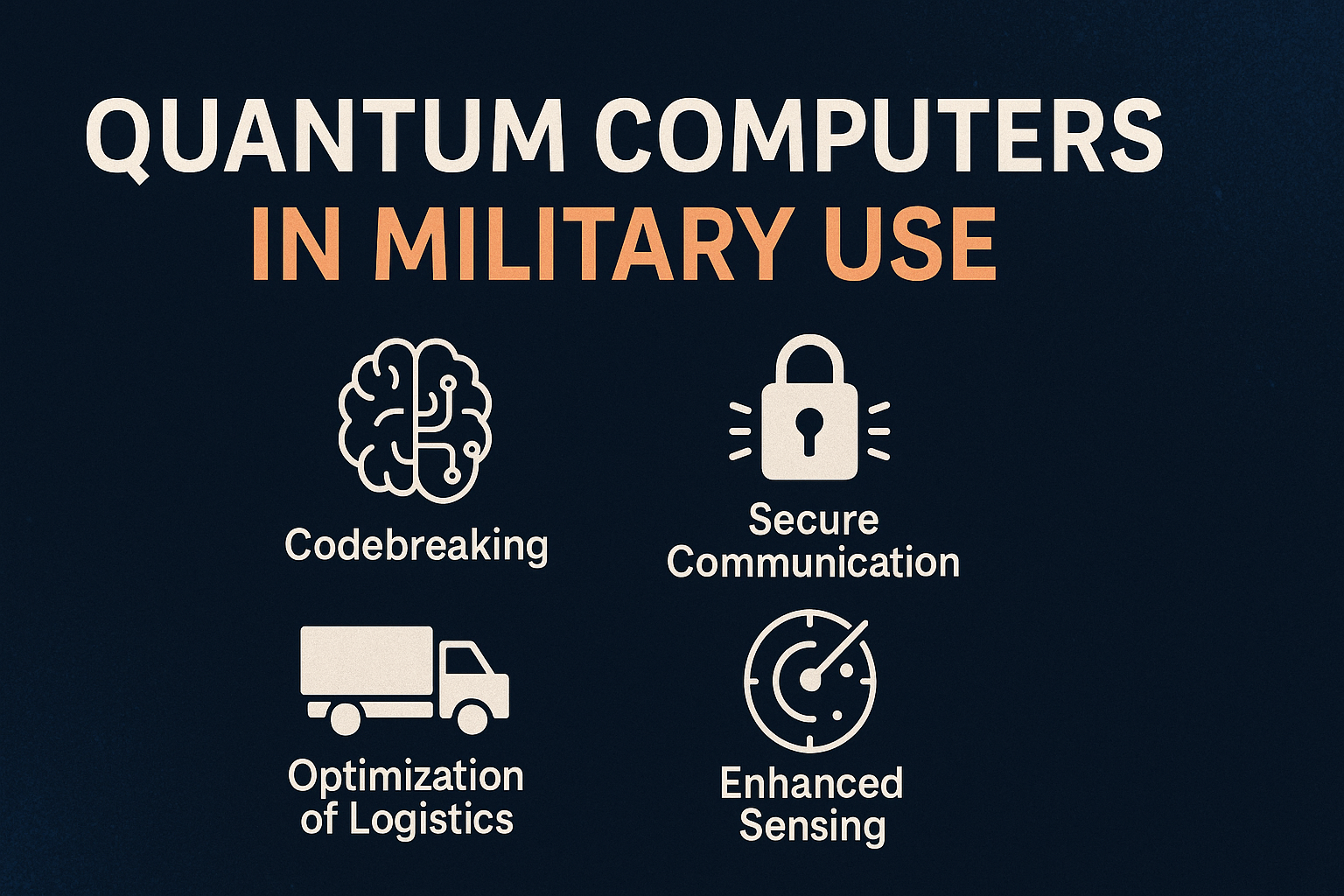
Quantum computing, once a theoretical curiosity, is now on the brink of revolutionizing multiple sectors — none more critically than the military. As nations race toward technological superiority, defense organizations are exploring how quantum capabilities can redefine strategic operations, cybersecurity, and advanced weapon systems. This article explores the transformative impact of quantum computers in military contexts, examining both their potential and the geopolitical implications of their deployment.
What Makes Quantum Computing Unique?
Unlike classical computers, which operate on binary bits (0s and 1s), quantum computers leverage qubits that can exist in superposition, meaning they can represent both 0 and 1 simultaneously. Furthermore, quantum entanglement allows qubits to be linked in ways that enable exponentially faster calculations for specific problems. These properties position quantum computers as ideal tools for solving highly complex tasks that are otherwise intractable for classical systems.
Key Military Applications of Quantum Computing
1. Codebreaking and Cryptanalysis
Perhaps the most widely discussed military application is quantum’s potential to break traditional cryptographic systems. Shor’s algorithm, when implemented on a large-scale quantum computer, could factor large prime numbers exponentially faster than current methods — threatening RSA and other public-key cryptographic standards. This capability could allow militaries to decrypt intercepted communications or compromise adversarial command systems, which is why quantum-resistant cryptography is an emerging defense priority.
2. Secure Quantum Communication
On the other side of the encryption spectrum, quantum computers enable quantum key distribution (QKD), which offers virtually unbreakable encryption by detecting any interception attempt. Countries like China have already tested quantum communication satellites (e.g., Micius) to establish secure channels between ground stations. Such technologies could be used for secure battlefield communication, satellite command systems, or nuclear command and control.
3. Optimization of Military Logistics
Modern military operations involve managing vast and complex logistics networks — everything from fuel supply lines to troop deployment strategies. Quantum computers can rapidly solve optimization problems with thousands of variables, making real-time adjustments to enhance efficiency, reduce costs, and minimize vulnerability during operations. This quantum advantage could be crucial in global conflicts where timing and resource allocation are decisive.
4. Enhanced Sensing and Radar Systems
Quantum sensing offers a leap in precision for detecting submarines, stealth aircraft, or encrypted enemy signals. Quantum radars, still in developmental stages, could potentially detect objects with significantly less signal reflection, bypassing current stealth technology. This makes them particularly attractive in scenarios involving anti-stealth warfare or early threat detection.
5. Advanced Simulation and Battlefield Modeling
Simulating nuclear reactions, weather conditions, or battlefield environments requires immense computational power. Quantum computing can model molecular and atmospheric systems with unprecedented accuracy, aiding in the development of new materials (e.g., heat-resistant alloys or advanced explosives) and preparing virtual war games with realistic outcomes based on live data.
Global Race and Geopolitical Concerns
The U.S., China, Russia, and several NATO countries are heavily investing in quantum research with military end-use in mind. The stakes are high: any nation achieving quantum supremacy in defense could shift the global balance of power. This race has led to increased funding of national quantum initiatives, classified defense projects, and the emergence of new norms around technological deterrence.
Countries are also developing post-quantum cryptographic standards to mitigate future threats. Agencies like the U.S. National Institute of Standards and Technology (NIST) are working to standardize algorithms resistant to quantum attacks, ensuring that sensitive defense systems remain secure in the quantum era.
Ethical and Strategic Considerations
While quantum military tech presents exciting possibilities, it also raises ethical concerns. The risk of destabilizing global deterrence strategies, especially those based on nuclear second-strike capabilities, is significant. Moreover, there is a danger that smaller nations without access to quantum technologies could be disproportionately disadvantaged, furthering digital divides in defense capabilities.
Conclusion
Quantum computers are not merely an academic marvel; they are becoming a cornerstone of next-generation military strategy. From breaking codes to securing communication, optimizing logistics, and redefining battlefield intelligence, quantum technologies promise to reshape how militaries plan, act, and defend. As the technology matures, the challenge will not only be in building quantum computers but also in using them responsibly within an international framework of peace and stability.
Connect with us : https://linktr.ee/bervice
